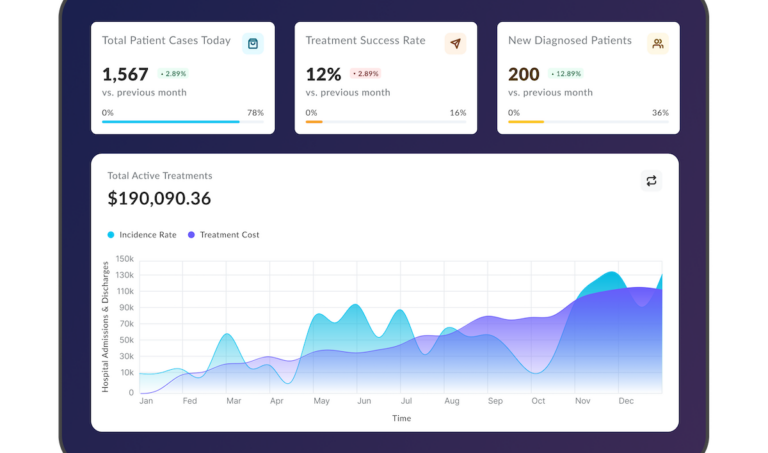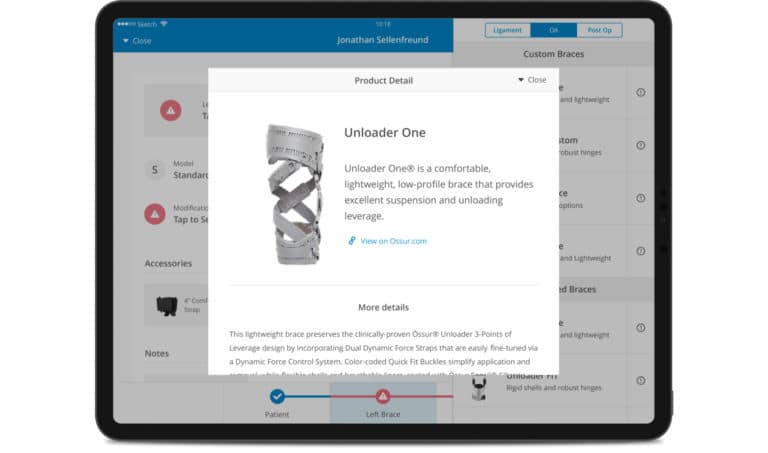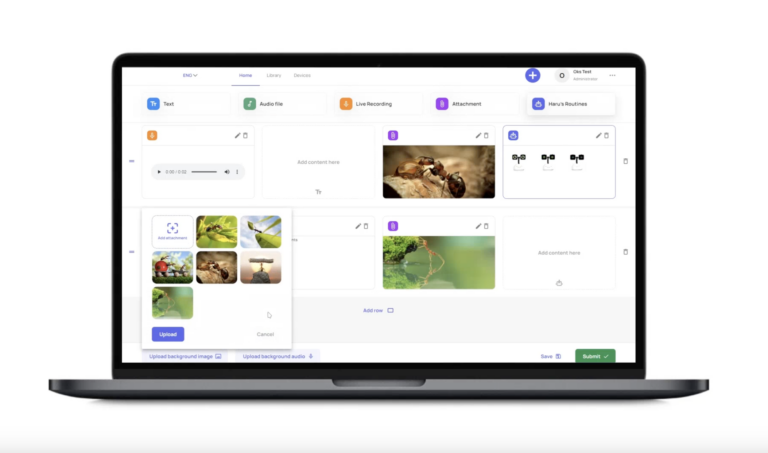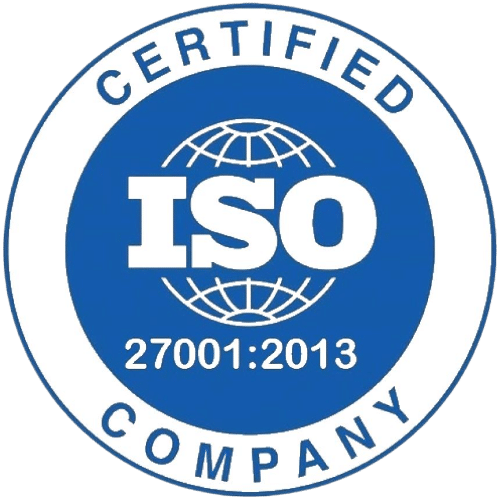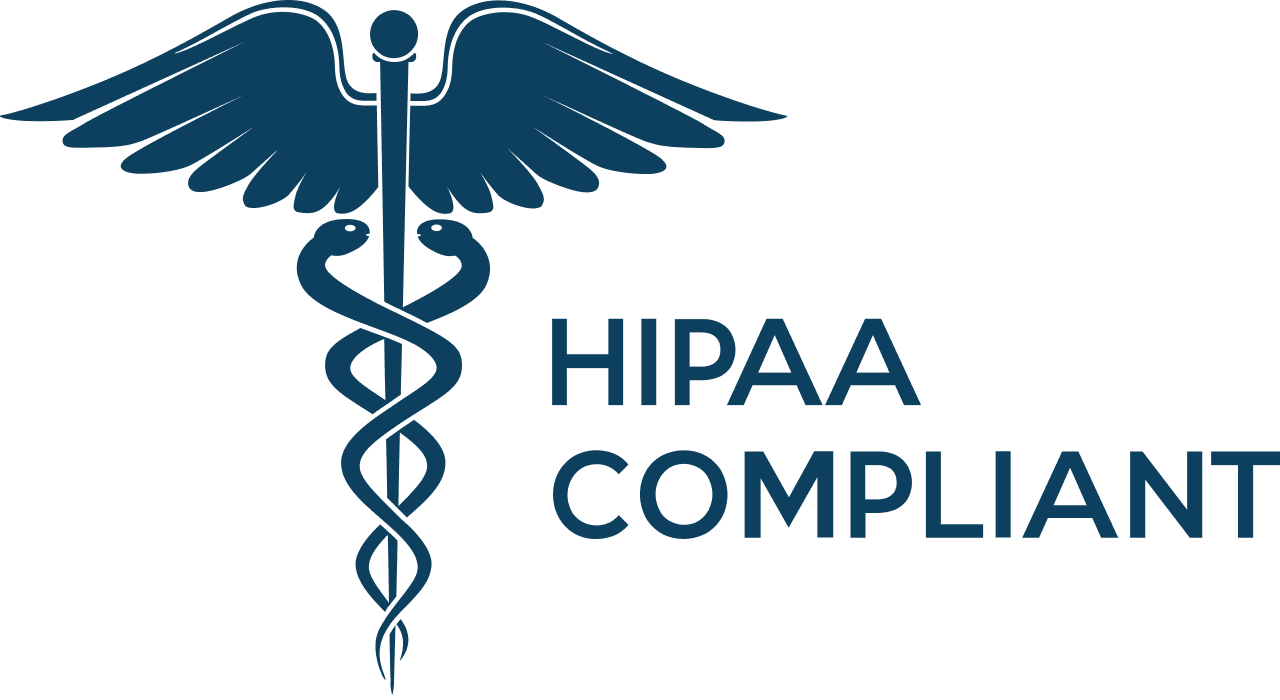Knowledge Transfer Between Software Teams: Effective Methods and Tips
Updated: June 4, 2025
Modern software development’s landscape requires a flawless interplay of ideas, expertise, and experiences. In these dynamic, collaborative spaces, where swift changes and continuous learning prevail, efficient knowledge absorption and sharing morph into a vital success factor.
But how do software teams share complex technical knowledge? What are the mechanisms for effective knowledge transfer with remote developers? You will find the answers here.

We provide companies with senior tech talent and product development expertise to build world-class software. Let's talk about how we can help you.
Contact usAs a proficient IT outsourcing services company, we confirm the criticality of knowledge transfer in software development. So we prepare this comprehensive guide that presents robust strategies and practical tips for superior knowledge transfer outcomes.
Table of Contents
The Central Role of Knowledge Transfer in Software Development
Before we commence, let’s clarify the essence: what is knowledge transfer in software development? The process involves deliberately and systematically sharing information, expertise, and insights between team members for a seamless exchange of knowledge and the continuity of projects.
Any obstruction in the seamless flow of this vital resource amongst the employees invariably weakens the quality of the products being developed. This compromise in quality directly inflicts monetary losses not just on outsourcing companies but also on their clients.

However, by cultivating a culture of robust knowledge circulation, all entities involved in the software development process will reap enormous benefits. Here’s how:
- Efficiency in Time and Capital Management: Sharing knowledge can act as a bulwark against excessive work, helping swiftly resolve familiar issues. Furthermore, if a key employee exits the scene, a well-oiled knowledge management mechanism ensures there’s no need to reconstruct knowledge from ground zero, thus saving time and money.
- Creation of a Robust Knowledge Base: Companies, over some time, accumulate invaluable insights, best practices, and proprietary know-how. Effective knowledge transfer equips teammates to repurpose these proven strategies, eliminating the need for constant rethinking.
- Risk Mitigation: Effective knowledge sharing between teams mitigates the risk of missed deadlines. Teams armed with comprehensive knowledge can accurately assess their tasks and the requisite time for completion. Knowledge transfer also serves as a channel for developing collaboration during challenging tasks within outsourcing, reducing the risk of failures.
- Promotion of Continuous Improvement: The democratization of knowledge within a team empowers each member to optimize their results, creating an environment suitable for professional development. Making learning accessible to all members elevates overall performance and stokes a culture of continuous improvement.
- Enhancement of Employee Satisfaction: Knowledge transfer facilitates employee skill development, paving the way for career advancement. Moreover, it instills a sense of achievement within employees as they witness their personal growth, thereby boosting job satisfaction.
Transfer of knowledge isn’t just power in software engineering – the currency drives growth, innovation, and success. Thus, every organization has a duty to prioritize knowledge dissemination, making it as much a part of its business strategy as any other key component.

Methods to Foster Efficient Knowledge Transfer Among Development Teams
Software engineering teams face unique challenges that require innovative solutions. Several techniques have proven invaluable to combat these challenges and facilitate the knowledge transfer process.
Documentation and Knowledge Repositories
Compiling detailed documentation and maintaining knowledge repositories is a non-negotiable aspect of effective knowledge transfer. A centralized, easily accessible information store allows team members to find answers swiftly and independently. Documented knowledge—from technical specifications to guidelines and best practices—provides a tangible, reliable source of information for existing and future team members.
Pair Programming and Code Reviews
Undoubtedly, pair programming and code reviews serve as dynamic mediums of knowledge transfer. They offer the immediate benefits of identifying and rectifying errors and serve as platforms for junior developers to learn from their more experienced colleagues. These practices enforce shared coding conventions and improve overall code quality, fostering a culture of knowledge sharing and continuous improvement.
Mentoring and Onboarding Programs
Implementing mentoring and onboarding programs enhances knowledge transfer significantly. These programs provide new team members with an understanding of project intricacies and operational procedures, reducing the learning curve. They also provide an avenue for continuous skill development and knowledge sharing, cultivating a nurturing and inclusive environment.
Game Days (Hackathons)
Hackathons, or “Game Days,” stimulate knowledge transfer through friendly competition. By offering a space for developers to collaborate, experiment, and learn in a low-risk, high-energy environment, these events spark creative thinking and encourage problem-solving. Moreover, these create opportunities to share novel ideas and techniques within the team.
Cross-Team Collaboration and Communication
Promoting cross-team collaboration and open communication is critical to effective knowledge transfer. It eradicates information silos and promotes a free flow of ideas, encouraging innovation and diversity in thought. When teams communicate freely, they share not only knowledge but also context, fostering a comprehensive understanding of the project at hand.
Face-to-face Q&A sessions
Face-to-face Q&A sessions offer a platform for clarifying doubts, sharing experiences, and imparting knowledge more personally and interactively. They serve as forums where senior team members can share their insights and experiences, fostering a culture of openness and shared learning.
Brown Bag Lunches (BBLs)
Brown Bag Lunches are informal meetings where employees bring their own lunch and gather to discuss various topics. They foster an informal atmosphere conducive to open discussion and the free exchange of ideas. These sessions can prove instrumental in encouraging knowledge transfer across different domains and disciplines within a team.
Continuous Learning and Skill Development
This is a critical factor in ensuring the effective transfer of knowledge in any field and includes regular workshops, training sessions, or even online courses. By equipping team members with new skills, they can share this knowledge with others, thereby enhancing team capability and promoting a culture of lifelong learning.

Tips for Successful Knowledge Transfer
A well-rounded, multi-pronged approach to knowledge transfer is integral to software development. Processes must be planned, executed, and evaluated carefully to ensure the highest efficiency. As we delve into the main steps of knowledge transfer, it’s crucial to emphasize the distinction between two fundamental types of knowledge: explicit and tacit.
- Explicit knowledge represents the concrete, codified piece of information that is documented, organized, and hence, readily transferable. This encompasses coding best practices and standards, programming patterns, techniques, and related documentation. Explicit knowledge is the tangible collection of insights providing a development practice roadmap.
- Conversely, tacit knowledge is abstract, emerging from developers’ experiences, and encompasses unrecorded insights, intuitive capabilities, and learned competencies. This reservoir of experience, crucial for nuanced decision-making in software development, constitutes 51% of an average employee’s workplace knowledge, per the Panopto Workplace Knowledge and Productivity Report.
The interplay between these two types of knowledge—explicit and tacit—forms the crux of software development, combining the structured guidance of documented information with the flexibility and adaptability derived from personal experience.
Tacit and Explicit Knowledge Holders
| Type of Knowledge | Knowledge Holders | Knowledge Characteristics |
| Tacit (know-how) | Developers, Engineers, Project Managers, IT Professionals | This type of knowledge is abstract, rooted in personal experiences, intuitive problem-solving abilities, learned competencies, and subject matter expertise. It poses a challenge to transfer due to its reliance on individual understanding and experience. |
| Explicit (know-what) | Documentation Creators, Mentors, Trainers, Process Managers | Explicit knowledge is more concrete and easier to transfer. It includes documented procedures, standards, best practices, coding patterns, techniques, and other written and verbal communication forms. This type of knowledge can be easily shared through documentation, training, and presentations. |
Now we are ready to share some essential tips for successful knowledge transfer between in-house and dedicated teams. While specifics may vary, consider these universal components:
Identify Key Knowledge Areas
To optimize knowledge transfer, it is paramount first to identify and classify the areas of knowledge that hold the most value. That could include crucial project details, proprietary software techniques, company best practices, and insights gathered over time. Having a clear understanding of what knowledge needs to be transferred aids in developing an effective knowledge transfer plan.
Create Structured Knowledge Transfer (KT) Plans
Once key knowledge areas are identified, creating a knowledge transfer (kt) plan is vital. Such a plan should outline who will share knowledge, who will receive it, and how it will be shared. A well-structured kt planning also includes a timeline and clearly defined objectives, providing a roadmap for successful knowledge transfer.
Foster a Learning Environment
The importance of cultivating a learning environment within an organization cannot be understated. Promoting a sense of curiosity, intellectual flexibility, and an eagerness to learn is the bedrock for fostering an environment ripe for sharing knowledge. An organizational culture infused with these values actively promotes the transfer of experience and innovative thinking.
Use a Variety of Knowledge Transfer Methods
Utilizing a blend of knowledge transfer methods and knowledge transfer software ensures a broader and deeper reach. As discussed earlier, methods could range from documentation and mentoring programs to more interactive techniques like Q&A sessions, hackathons, or Brown Bag Lunches. A diverse approach accommodates various learning styles and preferences, increasing the effectiveness of the knowledge transfer process.
Arrange for Employee Training
Formal training programs enhance your team’s skill set, ultimately benefiting the organization. Investing in employees’ continuous learning and development empowers them to become more effective knowledge contributors and receivers.
Evaluate and Improve Knowledge Transfer Processes
Lastly, periodic evaluation of the knowledge transfer process is essential for its success. Feedback should be gathered from both the contributors and receivers of knowledge to understand the current process’s effectiveness and identify improvement areas. Foster an atmosphere of continual improvement, discarding the “this is how we’ve always done it” mentality.
What is a KT session?
A KT (Knowledge Transfer) session is more than a simple meeting. It is a well-structured seminar or workshop designed to relay crucial knowledge or skills from one individual or group to another within the organization. This structured exchange is the engine that powers the knowledge transfer process.
An existing employee knowledge transfer checklist can be highly beneficial for this assessment. Feedback from team members, particularly around their experience with knowledge transfer sessions, is also invaluable in understanding the current scenario.
| Knowledge Level | Knowledge Area | Information to Collect |
| Organizational (vendor-to-vendor or client-to-vendor) | Documents | Sensitive data transition Product Regulatory Compliance Non-disclosure agreement Partnership termination agreement with a previous vendor Information on source code ownership |
| Team (members-to-members) | Source code | Repository URLs with access details Classes and app’s layers specifications Key algorithms descriptions |
| Internal processes and workflows | Software development workflow System configuration, operating instructions, changelog, deployment guidelines, troubleshooting, and bug tracker data Branching strategy CI/CD best practices Development techniques and tools, etc | |
| Access to the systems used team-wide | Admission to the current ecosystem and external platforms | |
| Documents | Business requirements Roadmap of the project Software architecture documentation Database structure design User stories and documentation Design files: graphics, mockupsTest cases | |
| Individual (expert-to-expert) | Technical understanding | One-on-one meetings and tech talks between software engineers, DevOps, and architects are essential for comprehending code logic and adopting proven best practices during vendor transitions. |
Bottom Line
Knowledge transfer is not just an operational necessity—it’s a strategic imperative that directly influences an organization’s adaptability, innovation, and success. It enables it to preserve its intellectual capital, maintain continuity, and sustain its competitive edge in an increasingly complex and fast-paced digital landscape.
In asserting our authority on this matter, it is essential to note Relevant’s extensive experience and knowledge transfer best practices. We’ve successfully executed over 200 projects across diverse sectors, including fintech, retail, travel, and construction.
Our robust and meticulously devised process of knowledge transfer in software development outsourcing serves as a foundation, preventing project disturbances and preserving critical knowledge within the company, even in the face of employee turnover. Therefore, clients who have entrusted us with their IT projects have reaped substantial benefits through our partnership.
Disappointed with your previous vendor and seeking a new software development partner for the project transition? Contact us. We stand ready to offer the assistance you require.
FAQ
Our core services:
Do you want a price estimate for your project?
Do you know that we helped 200+ companies build web/mobile apps and scale dev teams?
Let's talk about your engineering needs.
Write to us